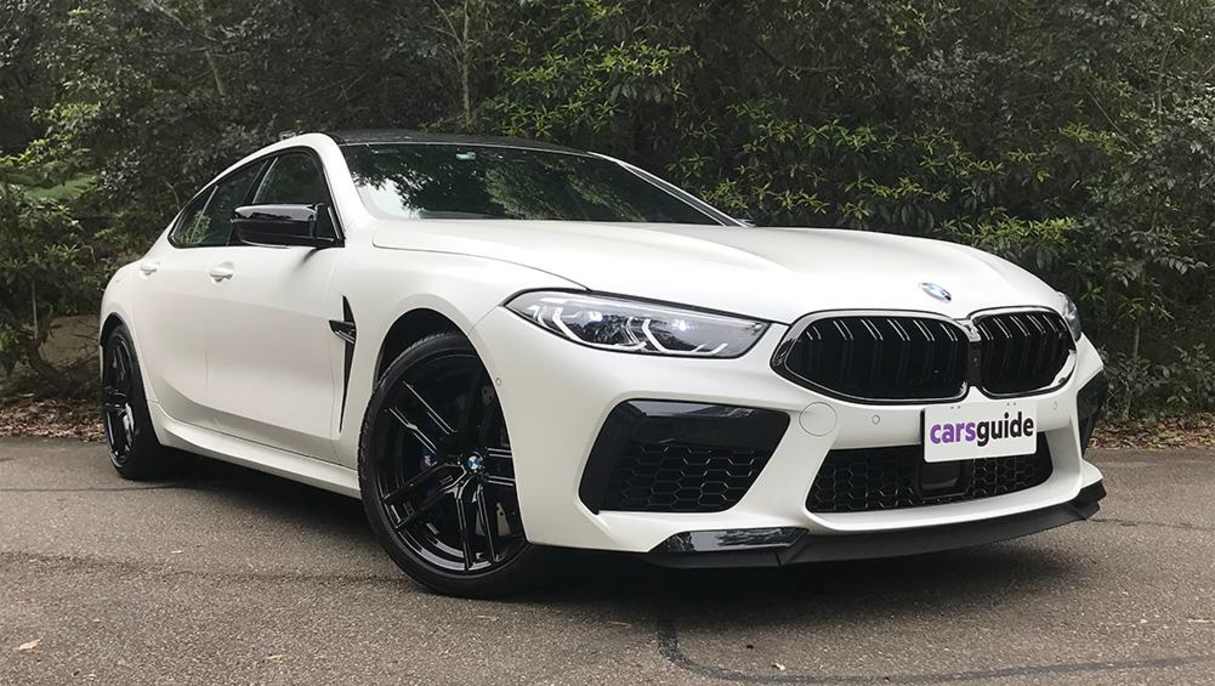BMW believes its six- and eight-cylinder engines will live on well into the next decade, despite a shift to engine downsizing and electrification.
The German carmaker is also critical of the European Union’s ban on internal combustion engine (ICE) vehicles that comes into effect from 2035 on.
Speaking to Australian journalists at the recent reveal of the iX3, BMW Group Board Member for Development Joachim Post, said the company’s bigger six-cylinder and V8 engines have a future, largely thanks to the US market.
“Oh, 10 years I believe. If you ask me, personally, I believe there will be customers who also demand six and eight cylinders. Look in the US. Can you really imagine that in 10 years, in 2035, they are no more interested in eight cylinders and six cylinder? I don't believe that.
“They love to have the smallest cars with eight cylinder. When you ask, ‘you interested in a hybrid?’ They say, ‘yeah, but eight-cylinder hybrid’. The world is not the one anymore. That's why this flexibility approach is key for us.”
The Trump administration has reversed the Biden era focus on electric vehicles by dropping any EV incentives and revoking Biden’s 50 per cent EV target.

The flexible approach Post referred to is BMW’s powertrain strategy. This includes a significant focus on battery electric, hybrid and plug-in hybrid tech, as well as keeping petrol and diesel internal combustion engines in the mix for markets that aren’t as advanced with EV take up as Western Europe.
BMW also believes in hydrogen fuel-cell tech, having just shown off a prototype for its next hydrogen-powered X5.

BMW’s 3.0-litre six-cylinder (B58) petrol engine is used to power variants of models like the X5 and X7, and 7 Series, while the high-performance (S58) version can be found lurking under the bonnet of M models like the X3 M and M3. The company also has a six-cylinder diesel.
The 4.4-litre V8 is used in models like the brutally powerful BMW M5, the M8 sedan, the X5, X6, X7 M Competition grades and the XM. In the latter, which is also a plug-in hybrid, it pumps out a whopping 550kW and 1000Nm.

Post was scathing in his criticism of the EU’s ICE ban plan for 2035, saying it does not take into account many factors, including buyer preference.
“If a regulation, which the European Commission is doing to say they have a plan to cut the combustion engine in 2035, they're not asking the customers and how infrastructure is coming, how the energy prices are, and all the things there,” he said.

“It's stupid to do that in that way. And you can kill an industry doing it that way. We do not believe in that. That's why we say we want to be successful for future. We offer technology independent from the powertrain, and that's the matter.”
He said BMW had been criticised in the past for not following a number of its rivals in putting a year target on when it will transition to EV-only.

“To be honest, we have been bashed for years with this approach. At that time, the others always [said], ‘Hey, why are you not making pure electric?’ All the analysts and a lot of, to be honest, journalists, also sometimes now, a lot of them came back to say, ‘sorry, you had done it in the right way’.
“Because finally, customer decides, the world is different in different places, and we are a global player. We're not a player in one region. And now some other companies change the strategy to technology openness, because once you won't survive if you have the half volume in five years.”





.jpg)

.jpg)


_0.jpg)
 (1).jpg)

.jpg)
.jpg)





.jpg)
.jpg)
_0.jpg)

.jpg)
_0.jpg)


.jpg)



